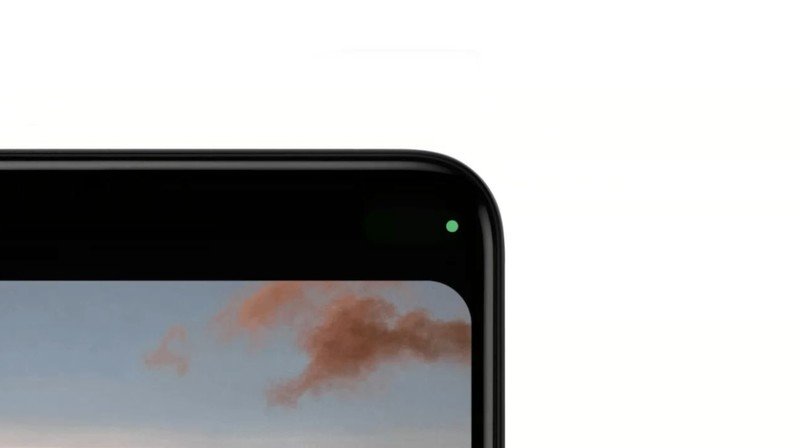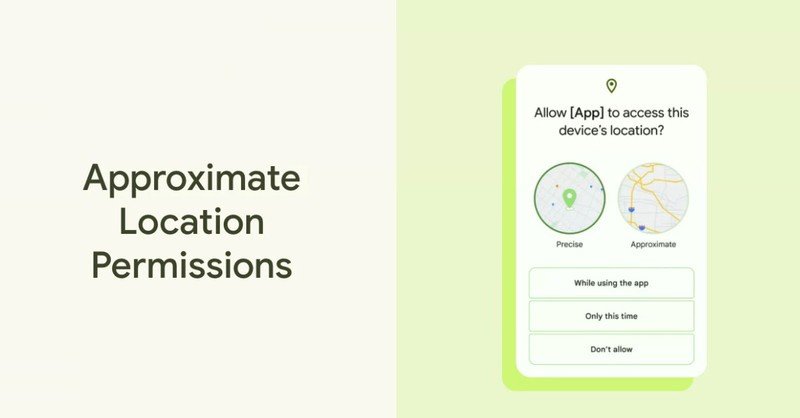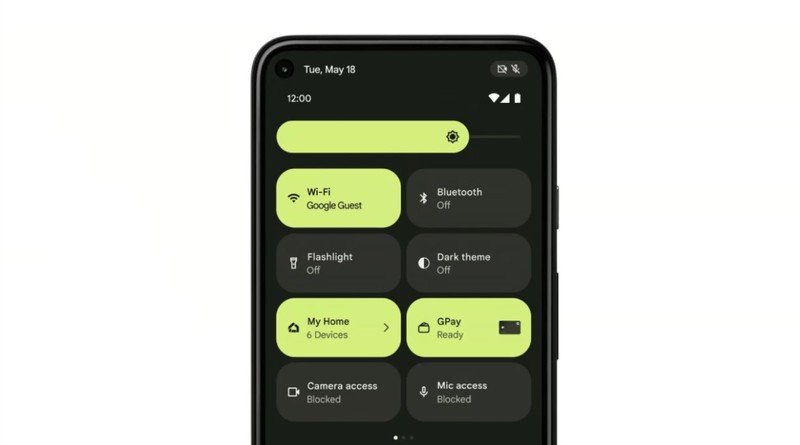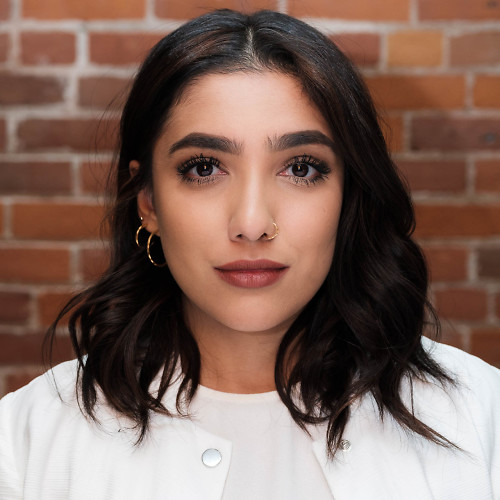Android 12 will have more precise privacy controls, but experts aren't fully convinced

Google is now giving users more control over how much access app developers have over your information. Experts welcome the change but question how effective some of the newer tools will be for users.
Among the many announcements made on stage during the Google I/O 2021 keynote, the tech giant announced app developers have to give users the option to select between "Precise" or "Approximate" location. Precise location data will collect location from GPS as well as Wi-Fi and mobile cell data, while approximate (or coarse location) only uses Wi-Fi or mobile cell data and is limited to a city block or a two-kilometer radius. This is different than what was offered in Android 11, which added the "one-time" permission for apps that use location, your camera, or your microphone. This was an extension from Android 10's "while-in-use" permission for background location that allowed you to prevent any app from tracking you while you weren't using it.
Apps that typically collect this kind of information are navigating apps like Google Maps, or a fitness tracking app. Still, many users are unaware that many apps collect location data for ads.
Google also said that in Android 12, users will be able to turn off an app's access to their microphone and camera by default and this will be enabled device-wide. Users will also see an icon in the top-right of their phone that will show if the camera is in active use. Google said that when new apps are downloaded, it will still ask a user to access a cellphone's camera or mic, even if the user has turned off this feature.

Nishanth Sastry, a professor at the University of Surrey in the U.K. and specializes in the privacy of tracking technologies, said in an interview that it was a long time coming that Google gave users the option to shut off access to their cameras and microphones.
"There have been ways in which the camera could be turned on without you knowing and certainly the same thing with your microphone," he said. "Your microphone is a very powerful sensor of where you are. There has been research where [app developers] were able to figure out what kind of restaurant you're at. Ambiance information is something that can be figured out and all of this means your microphone is leaking and (app developers) are collecting this information."
Sastry explained that not all apps need access to your mic or camera, and only a small minority of applications have misused that type of information. He also said Google giving users far more control is always a good thing.
Blocking camera and mic is good for high-risk individuals
Jules Polonetsky, CEO of the Future of Privacy Forum, an industry-backed nonprofit based in Washington, D.C., said in an interview that this type of control is a "good way to really lock down your phone for people who are at high-risk and who might worry that their phone could be remotely compromised."
Get the latest news from Android Central, your trusted companion in the world of Android
He explained that high-risk individuals could be a dissident or a person who opposes official policy, especially that of an authoritarian state, or even a victim of domestic violence and is worried about their ex-partner.
"When you provide a platform that several billion people use, the number of people who need a particular privacy and security feature end up being in the millions," Polonetsky said.
"Increasingly, our phone is more than a device for socializing or keeping in touch. It's a medical device that we use for telemedicine; we use it for payments. As such, the device needs to mature to be a platform fit for more sensitive activities."
Google is giving the impression it cares about your privacy

Polonetsky said that allowing apps to differentiate between precise and approximate location is an important feature because most apps only require a general location but are more than happy to ask for precise location because it's "valuable for ad targeting."
"By providing a less granular option, apps will be able to provide the kind of functionality that's relevant but not actually get the precise mapping that is what is most risky," he said. "It's highly risky when sharing a detailed map of everywhere you go then I really learn about what sort of locations you visit."
But with this new option, Polonetsky warns that Google must ensure it is doing the right work in the back end to ensure that this feature can't be "abused where an app can leverage having imprecise location over time to reconstruct where you are precisely."
Sastry agreed and worried that giving an option doesn't actually limit the amount of information that an app developer collects.
The overall changes seem to be a good move by Google, but Sastry says that mostly it seems like Google is giving the impression that it cares about your privacy by giving you control.
"And that's something they can do fairly easily, the precise versus non-precise location. But is it going to have an effect or not, it's like politicians do all sorts of things because they want to look good. In this case, Google is also under pressure to look to do the right thing privacy-wise," Sastry said. "This may be one of the things that they're doing and I can see how it's an eye-catching thing to do."
Changes create consistency for app developers

Sumit Bhatia, director of innovation and policy at the Cybersecure Catalyst at Toronto's Ryerson University, agreed with Sastry and added that the move to give users the option isn't as ground-breaking as some may think it is.
"It's perception and it is not necessarily going to change anything from the user's perspective, except make them feel like Google is doing some things for the benefit of them but really from Google's perspective they're still able to use that data very effectively," he said.
Bhatia added that even if a user has approximate location turned on, app developers will be able to collect information from the radius that you're traveling and use that to create user profiles.
"They're still using that data to profile you geologically, so while that might not be (targeted) advertising-related, they're still profiling that's being created for the purposes of larger advertising," he said.
Because the new changes are similar but not the same as that of Apple's recent privacy policy changes, it means that app developers will have more consistency when creating apps for both platforms, Bhatia said.
"It's a welcome update and it's happening in line with what Apple is doing. It forces Google to take a similar approach. We know a lot of app developers are building for both platforms so I think having that consistency [is important]," he said."But on that same token, I think app developers are going to have to [understand] whether or not this impacts their business model."
Polonetsky added that typically developers have never had to explain why they were collecting data, but now this will push them to convince users why collecting location data will be important to them.
"The challenge for a lot of developers is they don't necessarily have experience talking about these sorts of privacy issues, and we see some of them really stumbling," he said. "Now they're going to need legal advice to make sure they properly (explain) otherwise they could be on the hook if they simply say 'We want location to improve your experience.'"
Have you listened to this week's Android Central Podcast?

Every week, the Android Central Podcast brings you the latest tech news, analysis and hot takes, with familiar co-hosts and special guests.

Shruti Shekar is Android Central's Editor-in-Chief. She was born in India, brought up in Singapore, but now lives in Toronto. She started her journalism career as a political reporter in Ottawa, Canada's capital, and then made her foray into tech journalism at MobileSyrup and most recently at Yahoo Finance Canada. When work isn't on her mind, she loves working out, reading, watching the Raptors, and planning what she's going to eat the next day.
